Features
VfL Wolfsburg: A rough guide
Written by Rory Mitchinson
In our first guide to the Magpies’ German pre-season opposition, we give you the lowdown on Wolfsburg – both the club and the city.
Remember that the friendly will not be taking place at the club’s Volkswagen Arena, and is instead being played at the AOK Stadion, located next-door.
THE CLUB
LAST SEASON: German champions in 2009 and runners-up to Bayern Munich in 2015, Wolfsburg endured a campaign to forget last time out, only making sure of their place in next season’s Bundesliga after a relegation play-off victory over Eintracht Braunschweig. Six defeats in their last eight – including a late reverse at Hamburg on the final day – condemned Andries Jonker’s side to a two-legged meeting with die Löwen. A pair of 1-0 wins kept Wolfsburg’s top-flight status intact, but still, their decline in the last two years has been sharp. The likes of Kevin De Bruyne and Ivan Perisic have headed out of the Volkswagen Arena, with big-money signings Julian Draxler, Max Kruse and André Schürrle all failing to deliver. Die Wölfe’s cause has not been helped back a lack of stability in the dugout, with Jonker becoming their third different boss in just over four months.
THE MANAGER: 54-year-old Jonker returned to the Volkswagen Arena in February, having left his role as Wolfsburg’s assistant to join Arsenal’s youth setup in 2014. After a modest playing career, Jonker managed Volendam, MVV and Willem II in the Netherlands, and also worked alongside Louis van Gaal at Barcelona and Bayern.
THE PLAYERS: Belgian stopper Koen Casteels established himself as Wolfsburg’s No. 1 last term, taking over from former Swiss international Diego Benaglio, though the latter remains at the club. Jeffrey Bruma and Robin Knoche form a relatively youthful centre-half pairing, with Bruma having previously made a string of appearances for Chelsea in the Premier League. Another member of the backline, full-back Ricardo Rodriguez, left die Wölfe to join Milan earlier this month.
Experienced Brazilian Gustavo Luiz has spent the bulk of his career in the Bundesliga, and won the Champions League with Bayern in 2013. He is likely to sit alongside Josuha Guilavogui in a holding role, with highly-rated Turk Yunus Malli deployed a little further forward. Malli joined Wolfsburg from Mainz midway through the 2016/17 campaign. Other contenders for a midfield berth include Maximilian Arnold, Daniel Didavi and Vieirinha, all of whom chipped in with valuable goals last term.
Polish wide-man Jakub Błaszczykowski has twice won his country’s Footballer of the Year award, and scored two goals at Euro 2016. Wolfsburg’s most influential player, however, surely has to be Mario Gómez, whose 16 strikes proved crucial in keeping his side’s heads above water.
THE CITY
THE LOWDOWN: Established early in the 20th century, Wolfsburg’s history is closely linked to that of the Volkswagen Group. The world’s second-largest vehicle manufacturer is headquartered here, as has been the case since 1938. Wolfsburg was built to house the factory’s workers, and around 40% of the city’s residents still work there today.
It perhaps isn’t surprising that one of Wolfsburg’s main tourist attractions is the Autostadt, described as an “automotive theme park”. Though the city is a young one on the whole, it is home to one or two buildings of historical significance, including Wolfsburg Castle, which dates back as far as 1302.
GETTING THERE: The closest commercial airport to Wolfsburg is Hannover, to which flights run from London, Birmingham and Manchester. You can catch a train to Wolfsburg – via Hannover Hauptbahnhof – from the airport, with the overall journey taking around an hour and a half.
Alternatively, it is possible to fly directly to Berlin from Newcastle, before taking a train to Wolfsburg. You will likely have to change at least once, with the journey taking around two and a half hours to complete.
THE STADIUM
As said above, United will be visiting the AOK Stadion, home to die Wölfe’s other representative sides, including their women’s team – Wolfsburg Frauen. The AOK Stadion is adjacent to the Volkswagen Arena, where Wolfsburg have played since the 2002/03 campaign.
Handily, the site is only a 20-minute walk away from Wolfsburg Hauptbahnhof. Just head over the Stadtbrücke and continue along the side of the canal.
Opened in 2013, the AOK Stadion has a capacity of 5,200, boasting one all-seated, covered stand, and three smaller, uncovered stands.

